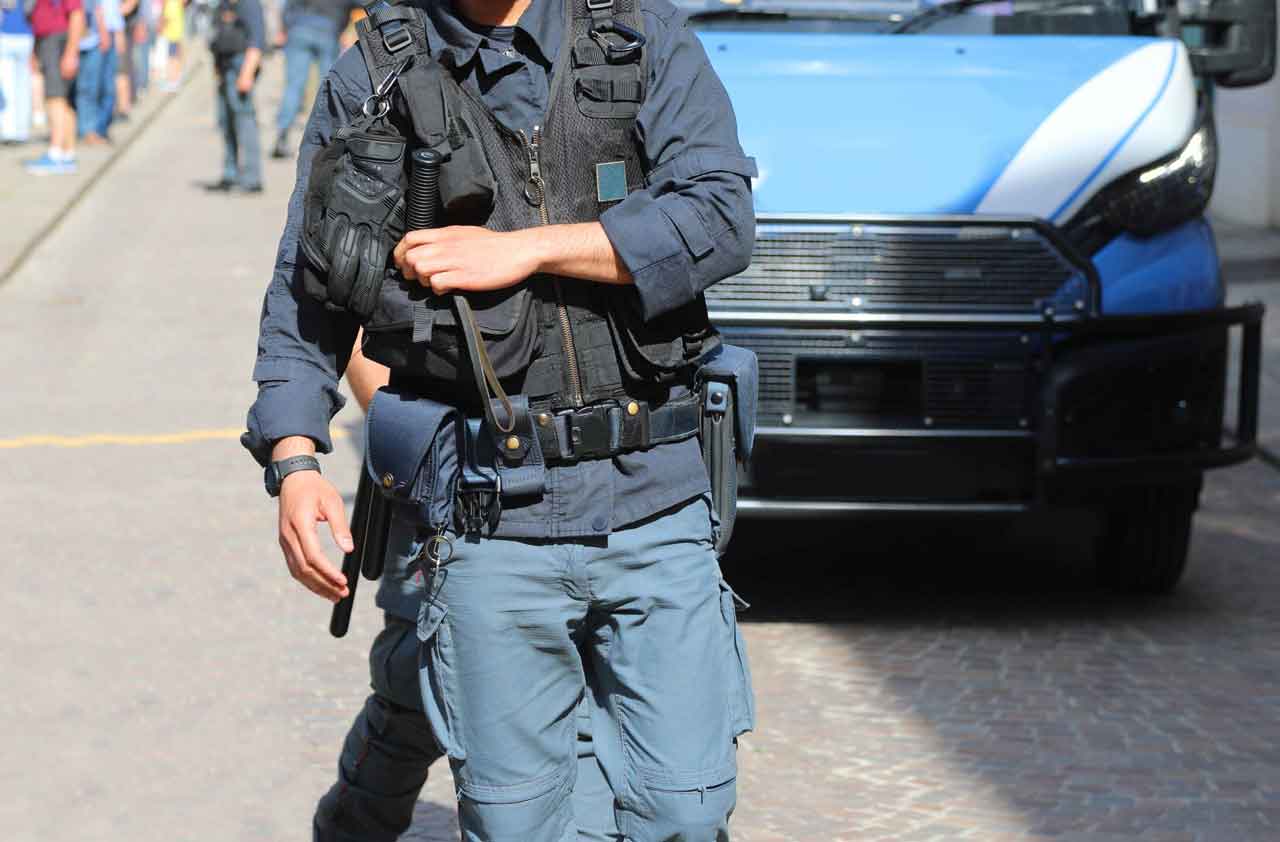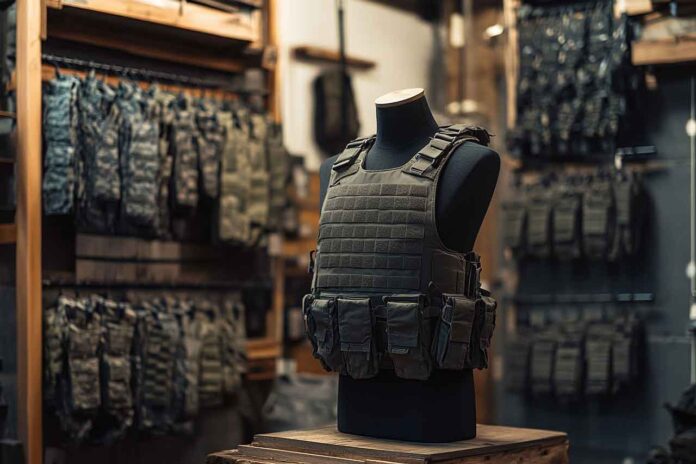Today, many individuals seek body armor for personal protection. However, questions typically arise regarding the legality of owning and wearing such protective gear. Regulations surrounding bulletproof vests vary depending on jurisdiction, which makes understanding the laws critical for potential buyers.
Below is a comprehensive breakdown of legal considerations for civilians, including restrictions on ownership and public usage.
Rules for Civilians to Buy Body Armor Legally
Investing in a bulletproof vest can be an excellent idea as it’s a valuable tool for safeguarding against potential threats. Despite its utility, buyers must navigate federal, state, and local laws to ensure compliance.
The purchase of bulletproof vests is generally legal in countries like the United States. Federal law doesn’t prohibit civilians from buying or owning body armor, with some notable exceptions. Most states also allow individuals to purchase body armor for lawful purposes. However, understanding federal guidelines and state-specific nuances is essential.
For instance, federal regulations permit civilians to own body armor unless the individual has a criminal record involving violent felonies. Furthermore, federal law prohibits using body armor during the commission of a crime, as this is treated as an aggravating factor that can increase sentencing.
On the other hand, several states impose additional restrictions on purchasing and using bulletproof vests. For example, Connecticut mandates that body armor be bought in person and disallows online purchases. This law aims to regulate sales more closely and prevent misuse by unauthorized individuals.
Lastly, some jurisdictions may require permits or impose residency restrictions, so buyers should always consult local laws before making a purchase. Retailers are typically knowledgeable about these regulations and may refuse sales to individuals who don’t meet the legal requirements.
Who Cannot Buy Body Armor Legally?
While most law-abiding citizens can purchase and own body armor, certain individuals are legally barred from doing so. These restrictions are in place to prevent misuse and enhance public safety. Below are some things to consider:
Convicted Felons
The primary group prohibited from buying or owning bulletproof vests consists of individuals with felony convictions, particularly those related to violent crimes. Federal law explicitly restricts these individuals from purchasing body armor, with a few exceptions granted under specific legal processes.
Individuals Using Body Armor for Criminal Activities
Even without a prior criminal record, individuals caught using body armor while committing crimes face severe penalties. Many states enforce enhanced sentencing guidelines for offenders wearing protective gear, as it demonstrates intent to engage in dangerous activities while evading harm.
State-Specific Exclusions
Certain states may expand restrictions to include individuals with specific misdemeanor convictions or those currently on probation, reflecting a growing focus on public safety. For instance, New York has introduced proposals to tighten existing regulations by broadening the categories of individuals deemed ineligible to own body armor. These measures aim to close loopholes and enhance oversight by targeting groups previously overlooked under older laws.
Such efforts demonstrate a trend toward stricter control, aligning state policies with evolving concerns over misuse of protective gear in criminal activities.
Is It Legal to Wear Body Armor in Public?

Owning a bulletproof vest is one thing, but wearing it publicly introduces additional legal considerations. The permissibility of public use typically depends on the context and intent behind wearing body armor.
Belore are some key considerations to remember:
Public Safety Concerns
Wearing a bulletproof vest in public is typically legal for civilians using the gear for lawful purposes. However, authorities may scrutinize individuals wearing body armor in areas with heightened security or during events where safety is a concern.
For instance, wearing protective gear at protests or near government buildings might draw suspicion and prompt legal inquiries. These actions can be interpreted as potential threats, leading to heightened surveillance or questioning by law enforcement to ensure public safety isn’t compromised.
Restrictions on Public Use
Some states enforce strict regulations prohibiting the use of body armor in specific public settings. For example, Louisiana makes it illegal to wear body armor on school property without explicit authorization.
Similarly, jurisdictions may restrict its use in sensitive locations like courthouses, airports, or public demonstrations. These laws aim to balance individual rights with the need for public safety, preventing the misuse of protective gear in contexts where security risks are elevated.
Exceptions for Lawful Use
Individuals who wear bulletproof vests for legitimate professional reasons, such as security personnel or journalists in high-risk areas, are generally exempt from legal penalties. In these cases, carrying documentation or credentials that justify the need for body armor can help address concerns from law enforcement or regulatory agencies. These exceptions acknowledge the necessity of protective gear for certain professions while ensuring it’s used responsibly and within legal boundaries.
Final Thoughts
While buying and wearing a bulletproof vest is legal for most civilians in the United States, navigating the laws requires careful attention to federal and state regulations. Individuals should verify local requirements and ensure compliance to avoid legal complications. By keeping the information mentioned above in mind, they can responsibly enjoy the protective benefits of body armor while respecting the boundaries of the law.

